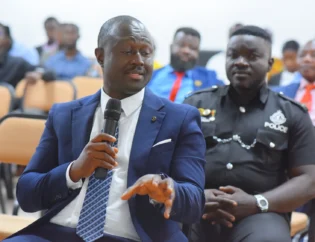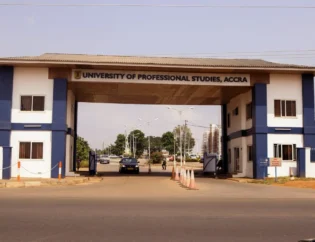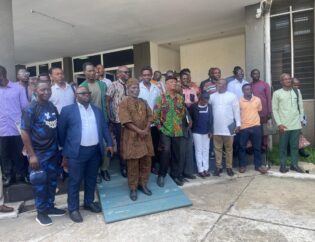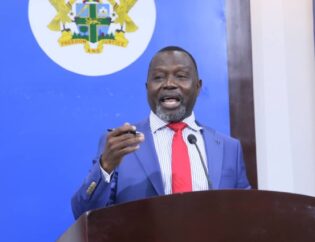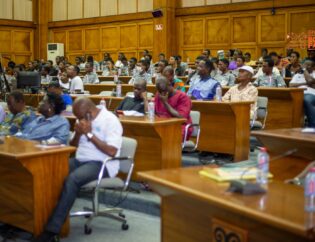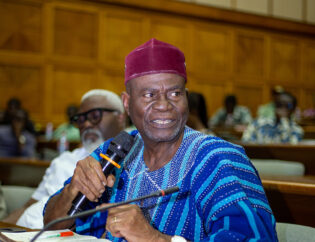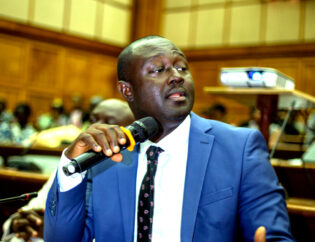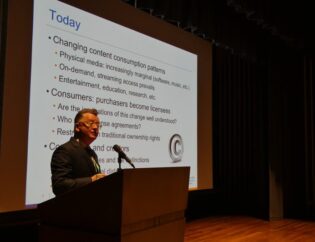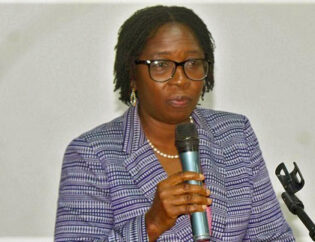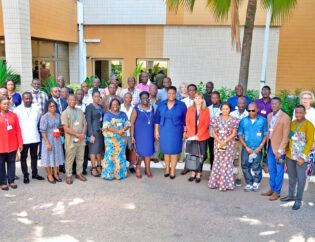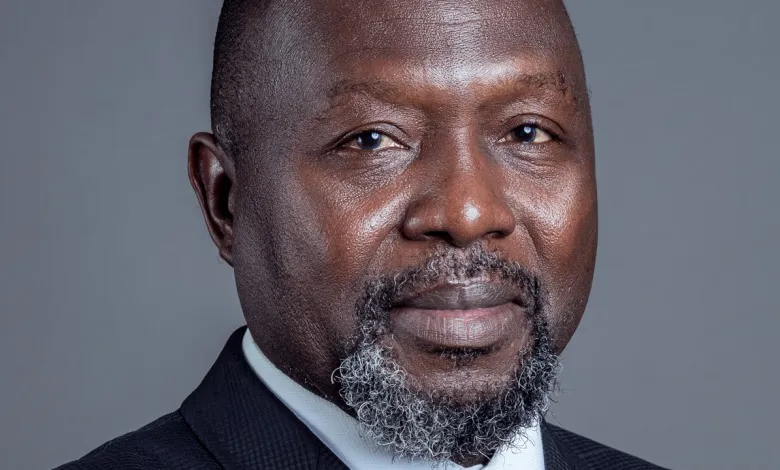
The Attorney General and Minister for Justice, Dominic Ayine, has issued a strong call for the protection of intellectual property rights in Ghana’s education sector, warning that widespread copyright violations are undermining the creative economy and depriving creators of their livelihoods.
He made the call in a speech delivered on his behalf by William Akwetey Bonsu, Head of the Copyright Office, at a stakeholder forum organised by CopyGhana on Monday, June 9, in Accra. The event, held in partnership with IFRRO, WIPO, and the Ghana Copyright Office, was themed: “Enabling Access, Enriching Culture and Advancing Knowledge through Collective Licensing.”
He described copyright enforcement as a “constitutional imperative,” not a luxury, and urged academic institutions to view collective licensing not as a burden but as a partnership that sustains Ghana’s knowledge ecosystem.
“In a digital age where information flows rapidly and boundaries are porous, the challenge of copyright infringements, often unintended, has become more complex. Unlicensed reproduction and distribution of creative works, especially in educational settings, amounts to a denial of livelihood to the author, publisher and artist,” Dr Ayine said.
His comments come against a backdrop of troubling revelations presented at the forum. A recent documentary screened at the event uncovered systemic copyright abuse in Ghana’s higher education sector. An investigation conducted by CopyGhana in 2024 revealed that students and lecturers at several universities rely heavily on photocopying and unlicensed digital materials to support their work.
At each of the four universities investigated, reproduction units were found attached to or near libraries, allowing students to copy entire textbooks without restriction. The practice, while widespread, violates Ghana’s Copyright Act (Act 690) and international obligations under the Berne Convention.
Digital usage patterns paint an equally concerning picture. A CopyGhana survey shows that 83.8% of tertiary students rely on the internet for academic materials, with over 70% downloading eBooks, yet only 1% reported paying for them. Among lecturers, the situation is similarly stark: over 96% access eBooks online, but just 3.4% pay for what they use. Alarmingly, 62.1% of lecturers said they were unaware of any copyright guidelines within their institutions.
The Bolgatanga East MP praised CopyGhana for its role in promoting copyright awareness and collective licensing and highlighted the government’s recent legal reforms, including the Copyright Amendment Regulations 2023 (L.I. 2469), which introduced digital licensing and updated Ghana’s private copying levy system.
But he stressed that legislation alone is not enough.
“We need awareness, enforcement and a culture change. Let us build copyright-conscious campuses where innovation and integrity flourish.”
Dr Ayine reaffirmed the Ministry’s commitment to strengthening the legal framework for collective licensing, enhancing enforcement mechanisms, and supporting public sensitisation efforts.
“To our creators—authors, visual artists, and photographers—I say this: your work matters. The law is on your side, and government is committed to protecting your rights, both online and offline,” he declared.
“Ghana stands ready to shape an African and global copyright agenda that is both fair and forward-looking,” the Minister added.
The forum brought together authors, publishers, educators, legal experts and international partners, including IFRRO and WIPO, to discuss issues around access to knowledge, artificial intelligence, text and data mining, and the future of copyright in the digital age.
